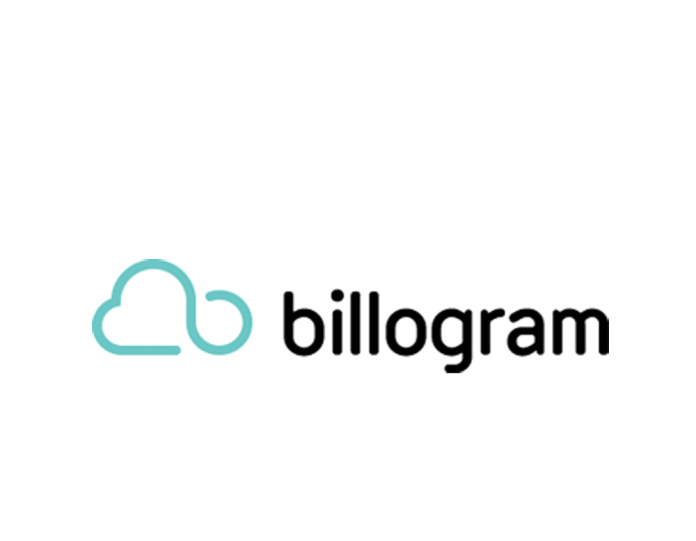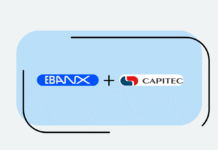In order to support its development across Europe and the DACH region, which includes Germany, Austria, and Switzerland, Billogram, a Swedish invoicing platform, has raised 150 million Swedish kronas ($13.9 million) in an investment round.
Swisscom Ventures, the venture arm of the Swiss telecom company Swisscom, which led the investment and will work closely with Billogram to accelerate its growth, reportedly contributed two-thirds of the total raised, according to a news release.
The fact that one of Europe’s top telecom carriers sees the potential in our firm and the value of our platform, according to Billogram CEO Jonas Suijkerbuijk, “is, of course, seen as a highly essential indication of our globalization.”
In 2011, Billogram, an invoicing solution for businesses that accept recurring payments, was established. The announcement lists companies in the telecom, energy, transportation, finance, and security sectors as its clients.
The platform, according to the statement, uses intelligent technology to help these companies cut costs, increase revenue, and decrease churn by improving consumer interactions and automating payment processes.
Billogram is in many respects a unique player in Europe, according to a remark made in the announcement by Swisscom Investment Partner Pär Lange. Based on our expertise and experience in the telecom industry, we are astounded by how they were able to leverage their platform to create a cutting-edge, digital customer experience and a future-proof invoicing solution.
Then, financial experts and back office workers must comprehend the payments.
As a result, businesses now need to have access to a well-connected payment infrastructure system that enables automatic payment processing and tracking.
She stressed how products like Modern Treasury, which have standardized application programming interfaces (APIs), may assist businesses in quickly integrating with their banks and moving money in a reliable manner. Off-the-shelf APIs help to provide a “translation layer” between complicated money-moving infrastructure and banking protocols, enhancing throughput while reducing cost and complexity.
By enhancing payment services, it is possible to foresee and fix the problems and exceptions that usually occur in payments. The transaction cannot be completed if a system is down or if one link in the payment chain is broken.











